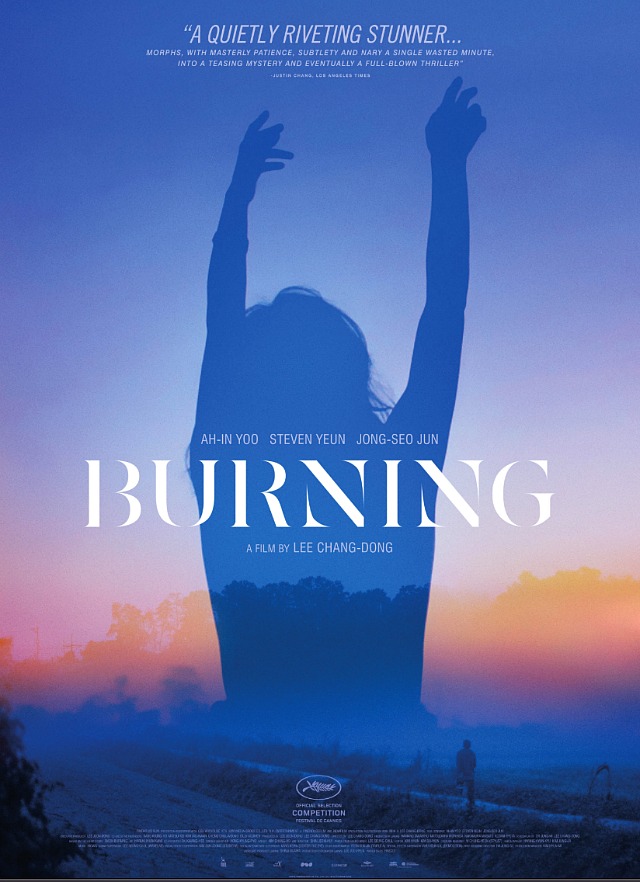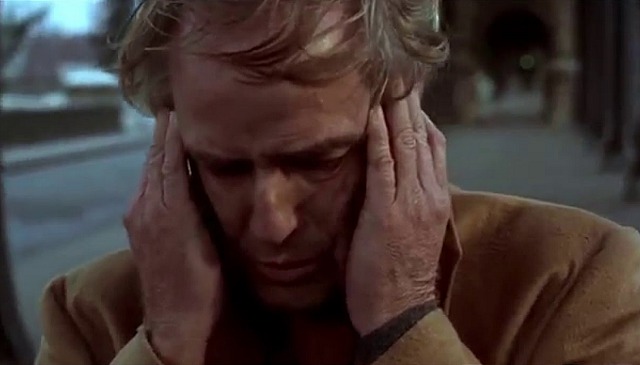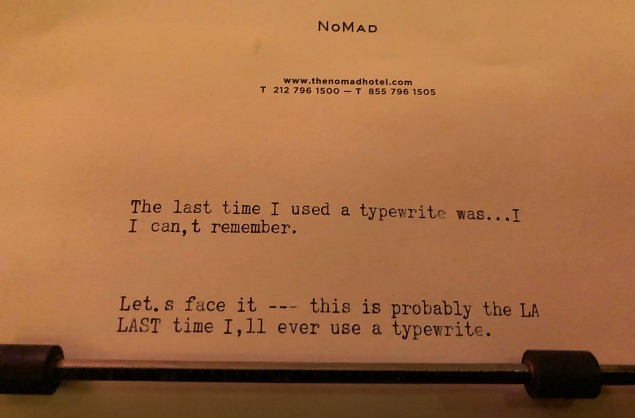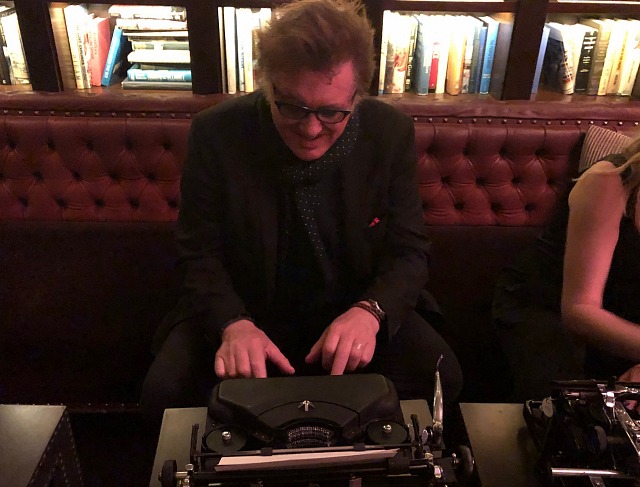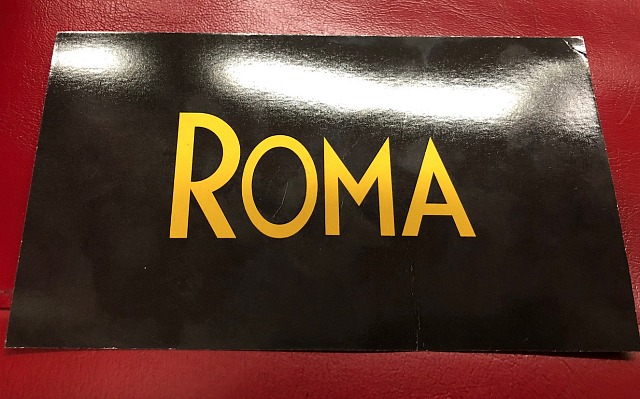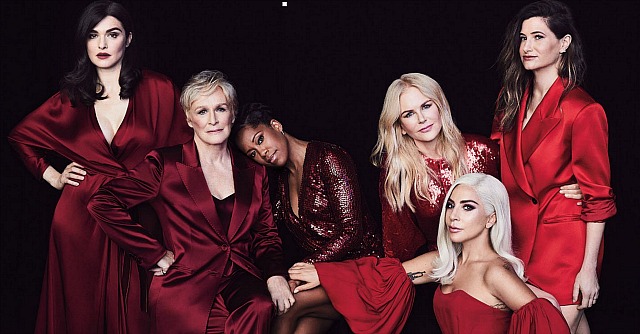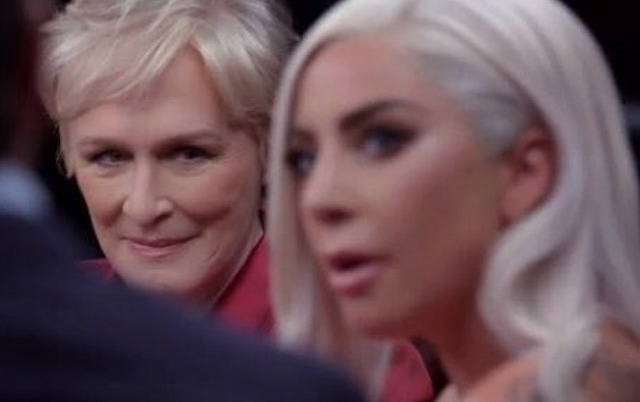I’m not going to offer any sweeping judgments about the just-announced 2018 Sundance Film Festival slate, except to suggest that with a competition slate that is 53% female (i.e., nine of the 17 directors eligible for the festival’s top prize are women) it would appear that 2018 Sundance is going to be just as progressive-minded (i.e., “socialist summer camp in the snow”) as last year’s festival, if not more so.
I’m going to take it two or three sections at a time. Today I’m pasting Premieres (feature and documentary), Midnight & Spotlight. I’ve bold-faced the titles that I have a special interest in seeing, but I’d appreciate thoughts about anything I might be unfairly dismissing. I’l consider the other sections tomorrow.
Premieres (18):
After The Wedding (Director and screenwriter: Bart Freundlich, Producers: Joel B. Michaels, Harry Finkel) — Seeking funds for her orphanage in India, Isabelle travels to New York to meet Theresa, a wealthy benefactor. An invitation to attend a wedding ignites a series of events in which the past collides with the present while mysteries unravel. Based on the Academy Award-nominated film by Susanne Bier. Cast: Julianne Moore, Michelle Williams, Billy Crudup, Abby Quinn.
Animals (U.K.-Ireland-Australia – Director: Sophie Hyde, Screenwriter: Emma Jane Unsworth, Producers: Sarah Brocklehurst, Rebecca Summerton, Cormac Fox, Sophie Hyde) — After a decade of partying, Laura and Tyler’s friendship is strained by Laura’s new love and her focus on her novel. A snapshot of a modern woman with competing desires, at once a celebration of female friendship and an examination of the choices we make when facing a crossroads. Cast: Holliday Grainger, Alia Shawkat.
Blinded by the Light (U.K. – Director: Gurinder Chadha, Screenwriters: Sarfraz Manzoor, Gurinder Chadha, Paul Mayeda Berges, Producers: Gurinder Chadha, Jane Barclay, Jamal Daniel) — In 1987 during the austere days of Thatcher’s Britain, a teenager learns to live life, understand his family and find his own voice through the music of Bruce Springsteen. Cast: Viveik Kalra, Hayley Atwell, Rob Brydon, Kulvinder Ghir, Nell Williams, Aaron Phagura.
The Boy Who Harnessed the Wind (United Kingdom – Director and screenwriter: Chiwetel Ejiofor, Producers: Andrea Calderwood, Gail Egan) — Against all the odds, a thirteen year old boy in Malawi invents an unconventional way to save his family and village from famine. Based on the true story of William Kamkwamba. Cast: Chiwetel Ejiofor, Maxwell Simba, Lily Banda, Noma Dumezweni, Aissa Maiga, Joseph Marcell.
Extremely Wicked, Shockingly Evil and Vile (Director: Joe Berlinger, Screenwriter: Michael Werwie, Producers: Michael Costigan, Nicolas Chartier, Ara Keshishian, Michael Simkin) — A chronicle of the crimes of Ted Bundy from the perspective of Liz, his longtime girlfriend, who refused to believe the truth about him for years. Cast: Zac Efron, Lily Collins, Haley Joel Osment, Kaya Scodelario, John Malkovich, Jim Parsons.
I Am Mother (Australia – Director: Grant Sputore, Screenwriter: Michael Lloyd Green, Producers: Timothy White, Kelvin Munro) — In the wake of humanity’s extinction, a teenage girl is raised by a robot designed to repopulate the earth. But their unique bond is threatened when an inexplicable stranger arrives with alarming news. Cast: Clara Rugaard, Rose Byrne, Hilary Swank.
Late Night (Director: Nisha Ganatra, Screenwriter: Mindy Kaling, Producers: Ben Browning, Howard Klein, Jillian Apfelbaum, Mindy Kaling) — Legendary late-night talk show host’s world is turned upside down when she hires her only female staff writer. Originally intended to smooth over diversity concerns, her decision has unexpectedly hilarious consequences as the two women separated by culture and generation are united by their love of a biting punchline. Cast: Emma Thompson, Mindy Kaling, John Lithgow, Paul Walter Hauser, Reid Scott, Amy Ryan.
The Mustang (Director: Laure de Clermont-Tonnerre, Screenwriters: Laure de Clermont-Tonnerre, Mona Fastvold, Brock Norman Brock, Producer: Alain Goldman) — While participating in a rehabilitation program training wild mustangs, a convict at first struggles to connect with the horses and his fellow inmates, but learns to confront his violent past as he soothes an especially feisty horse. Cast: Matthias Schoenaerts, Connie Britton, Bruce Dern, Jason Mitchell, Gideon Adlon, Josh Stewart.
Read more

